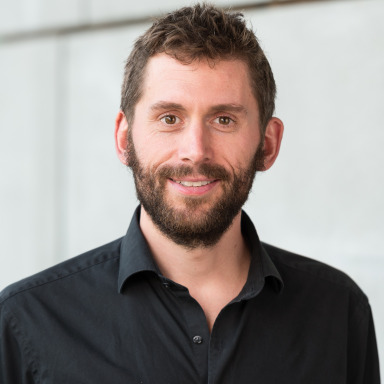Participation Processes: Talk to Each Other - But How?
30.03.2023
Structuring discussions, explaining contexts, identifying perspectives: all of these are among the tasks of facilitators. In cooperation with the city of Magdeburg, RIFS researchers designed and accompanied three mini-publics that were facilitated in different ways. Their analysis of strengths and weaknesses contributes to a better design of future participation processes.
The researchers examined the effectiveness of three facilitation approaches in achieving goals such as identifying problems, engaging diverse perspectives and developing shared solutions. Their findings have been published in the "Journal of Deliberative Democracy". "Citizens' councils and other deliberative participation formats are gaining increasing popularity, yet there are still no standards for these processes. Our analysis shows that different facilitation approaches are better suited to achieving the goals, depending on the objectives, priorities and resources”, says lead author Dirk von Schneidemesser.
One task, three approaches
In Magdeburg, randomly selected citizens discussed the question: "How can Magdeburg's city centre become more attractive for pedestrians?" All three groups received the same briefing, working materials and tasks at the beginning. Afterwards, the first group organised itself, the second was facilitated with a multi-method approach, the third with "dynamic facilitation". The self-organised discussion group had the advantage of requiring the least amount of human and financial resources.
The multi-method approach combined a variety of elements that aimed first to widen the potential for creative idea development, and then to narrow discussion to make precise recommendations. Techniques such as incorporating the perspectives of citizens who were not present but had previously been interviewed by the researchers, and contacting acquaintances by phone were used to bring in perspectives that were not represented in the group. Participants were asked at intervals to work individually, in pairs, in smaller groups and as a whole group.
The third group was facilitated using dynamic facilitation, a method for groups to work on difficult issues together, find common solutions, or agree on common action. During the process, the participants mainly talk to the facilitator while the others listen intently. Everyone takes their turn to talk until they have finished – for as long as it takes. The method assumes that everything needed for a common solution is already present in the group and just needs to be uncovered.
Facilitation approach must match expectations
The researchers analysed video recordings of the group discussions and assessed participants' expectations and impressions in accompanying surveys. They found that the differences in facilitation influenced the discussion in many ways. In the self-organised discussion group, participants often jumped from topic to topic and ended up with less developed results than the moderated groups. The speaking time of the participants was also most unevenly distributed in this group.
The multi-method approach led to lively discussions, the participants were able to set their own priorities but developed their ideas in exchange with others. This approach led to the highest satisfaction and the greatest willingness among the participants to participate in further urban development projects.
A strength of the dynamic facilitation was that all participants contributed to the results. If someone was quiet, the facilitator encouraged them to fully share their thoughts. The range of opinions expressed was perceived to be the greatest in this group and its discourse outcomes.
Some goals, such as the inclusion of all participants, can be better achieved with professional facilitation, the researchers conclude. "But a more rigid or engaging facilitation is not equally suitable for every purpose of deliberation. Each approach comes with its own set of challenges and trade-offs. For example, facilitation in participatory processes takes up a large part of the total available discourse time - time that is ultimately not available for exchange among participants. On the other hand, the reliability of the process to involve all participants and produce high-quality results increases", says Dirk von Schneidemesser. In practice, organisers and facilitators are faced with the decision of which expectations they want to prioritise.
von Schneidemesser, D. & Oppold, D. & Stasiak, D., (2023) “Diversity in Facilitation: Mapping Differences in Deliberative Designs”, Journal of Deliberative Democracy 19(1). https://doi.org/10.16997/jdd.1096
Contact

Dr. Dirk von Schneidemesser
